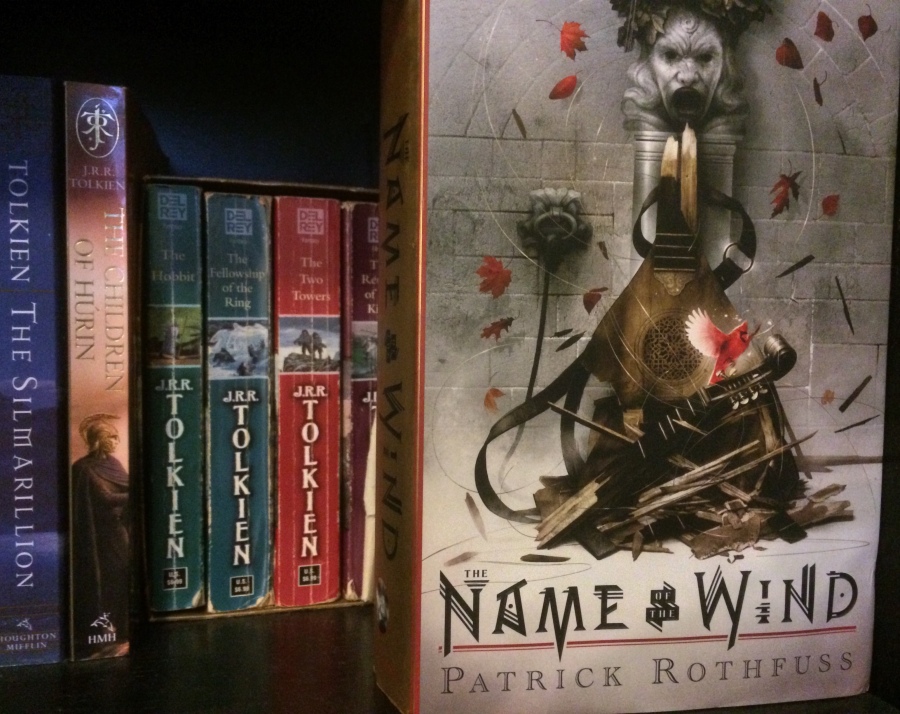Realism in a work of fiction is only as good as the book’s world building. It is a common misconception that realism in fiction means that the events of the story, the characters, or the societal layout are comparable to that of our real world. Realism in fiction is a measure of how real the author is able to make their fictional world feel to the reader. A high fantasy story with dragons, magic, and faeries can be plenty realistic. As long as the story and the world following the internal rules as set up by the author. A story in which the internal rules the characters must follow are totally alien to our real world can still be called realistic if the rules are consistent and apply equally across all characters. If the rules make sense to the fictional world, it is realistic enough.
Continue reading “Old Laws: A Review of The Narrow Road Between Desires, by Patrick Rothfuss”




